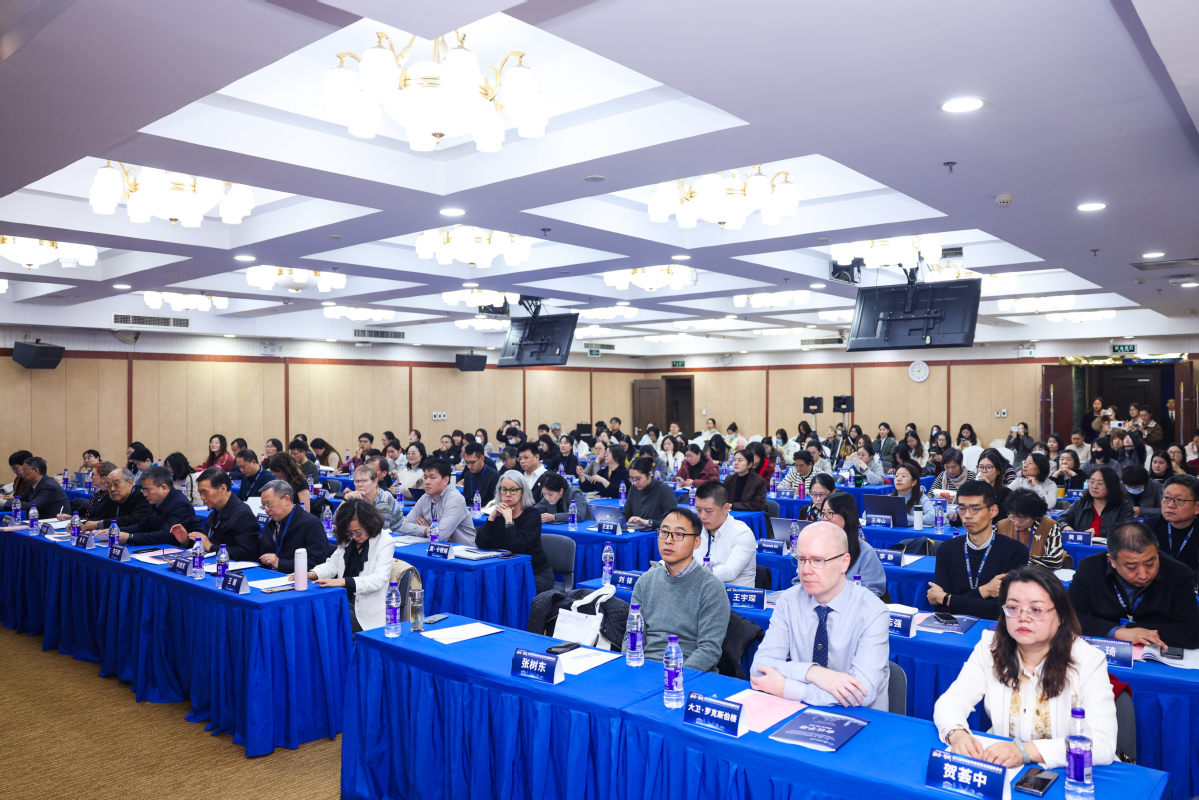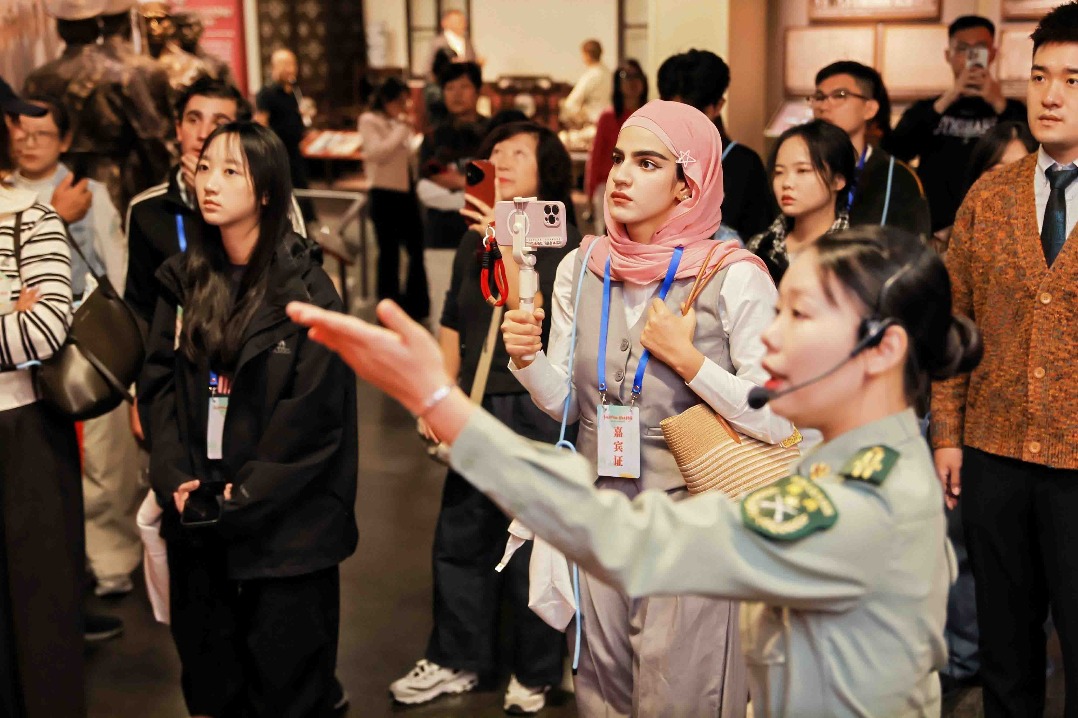Experts advocate smart tech to advance inclusive education


A global panel of special education experts has emphasized the critical role of smart technologies in creating inclusive classrooms, a need heightened by the global rise in autism.
The consensus was reached on Thursday at the Third International Conference on High-Quality Development in Special Education, themed "Inclusion and Intelligence", jointly hosted by the special education branches of Beijing Normal University and University of Strathclyde.
In his opening remarks, Zhu Xudong, dean of BNU's Faculty of Education, said the growing prevalence of autism, alongside a decline in physical disabilities, is reshaping the landscape of special education.
"The growing incidence of autism has become a major challenge for researchers," he said, calling for enhanced cross-sector cooperation in the age of AI to develop new inclusive classroom practices for such students.
Deborah Robinson, head of the University of Strathclyde's Institute of Education, echoed this view, stressing AI's potential and expressing her hope for deeper international partnerships.
Li Tianshun, vice-president of the Chinese Society of Education, identified intelligent technology as a vital support for inclusive education, now the mainstream global trend.
He called for a comprehensive, all-age education system built on shared research and international cooperation to drive systemic change.
Huang Wei, head of special education at the Ministry of Education's Department of Basic Education, highlighted that digital transformation has driven high-quality development in special education over the past five years.
Moving forward, efforts will be stepped up to enhance digital infrastructure, develop specialized large-language models tailored for special education, and deepen international collaboration, he said.
These measures aim to propel special education into a new phase characterized by precise and personalized services, Huang added.
Piao Yongxin, one of the founding figures of modern special education in China, added that the field must embrace digital transformation while remembering that technology is merely a tool.
He noted that the essence of special education remains committed to serving the holistic development of individuals and the strategic needs of the nation.
The conference featured in-depth discussions on training for special educators and the application of AI, with participants from China, the United Kingdom, the United States and Singapore.
Gu Tong contributed to this story.
- Experts advocate smart tech to advance inclusive education
- Sparking cultural creativity: A conversation with Zhang Tongdao and Vikram Channa
- Beijing protests new US arms sale to Taiwan
- CNS Sichuan sets off on maiden sea trial
- Crew of Shenzhou XX returns
- Sports fever sparks spike in tourism in Hong Kong



































